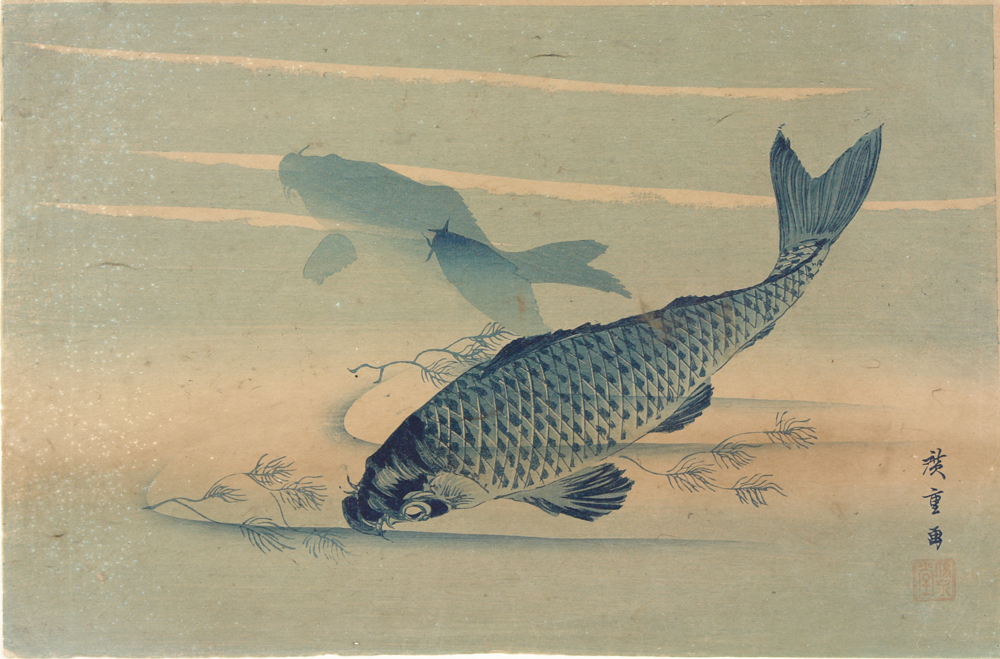M.Ravel and Japan #2 Ukiyoe - Maurice Ravel's collection
Previously, we took a look at the house of Maurice Ravel in Montfort l'Amaury. It is a pitty that I was not allowed to take pictures. Of course I tried so hard to memorize which objects he had… but there were too many, and I did not have enough time to describe the details of each object in my notes either. On top of that, the house tour was time limited.
Luckily, we can find anything in the internet today. Here is a Youtube playlist I made about Ravel’s house, including the BBC video that I introduced in the last post. This way you can see the inside of Le Belvédère without walking for 50 minute through the french countryside.
One problem with the videos… they don’t really focus on Ravel’s Asian room! But In the video we can still confirm that, indeed, he had Japanese woodblock prints (Ukiyoe) in his house. So I captured images from the video, used Google, and some other image search websites, and figured out Maurice Ravel owned, at least, the following Ukiyoe.
https://www.metmuseum.org/art/collection/search/54865
Mother and Child (ca.1793), by Kitagawa Utamaro
https://ukiyo-e.org/image/chazen/1984_1221
Three Carp, by Utagawa Hiroshige
This painting is also at Ravel’s house, I captured it from the video…but I could not identify whose work it is. Could anyone help me perhaps?
https://4travel.jp/overseas/area/europe/france-ile_de_france/kankospot/10315079/
This is the entrance of his house. It was taken by a Japanese traveler while it was still allowed to take photos.
I could not identify these two paintings yet either.
After the tour of Ravel’s house, I went to the city information center to get a photo book of the house (Maurice Ravel a Montfort l'Amaury / preface by Manuel Rosenthal; text by Yves Milon; legends of Claude Moreau; photographs of Thomas Renault)
In the book, there is a photo of his bookshelf, the one in the secret room if you remember:
I zoomed up the lowest line of the left part of the other photo. Can you see the title “COLOUR PRINTs OF JAPAN”?
And I got exactly the same book from Amazon! I will read and write about it later :)
This book is the first piece of evidence that he was interested in Japanese printings in a deeper way than just being fashionable. Would he discuss the technique of Japanese art with his friends? Maybe with Igor Stravinsky and Maurice Delage, that would certainly not be completely unexpected. I will explore it in a future blog post.
One thing that motivates my research is that not many people talk about the relationship between Ravel and Japan, even though you can find many Japan related things at his house. If you read a book about Stravinsky (*1) you will also find the fact that Ravel listened to a Shamisen concert in Paris (traditional Japanese musical instrument that looks a bit like a lute).
Next time, I will talk about one of the closest friends of Ravel, who was actually Japanese. Indeed it is very surprising because not many books you can get here talk about it. But as a Japanese, of course, I can access the national library of Japan that has more information about this. What would it be like, you lived in Paris where Japonism flourished, everybody was crazy about Japanese paintings, and you had a Japanese friend? That certainly seems like a lot of connections to Japan to me…
*1: Confronting Stravinsky Man, Musician, and Modernist, edited by Jann Pasler p278-279
(update on the 1st of January 2020)
I was watching the YouTube Video of his house again and found a Japanese printing which was not identified yet in the last blog.
Mitate of a daimyō procession along the bank of the Sumida River for cherry blossom viewing by Keisai Eisen
Besides the collections at Le Belvédère, according to the correspondence by Roland Manuel Ravel already owned two Japanese prints in his apartment in 1911. It is not discovered which two paintings he owned at that time, but this shows that Ravel (at age of 36) was already interested in Japanese art 10 years before he bought Le Belvédère.















